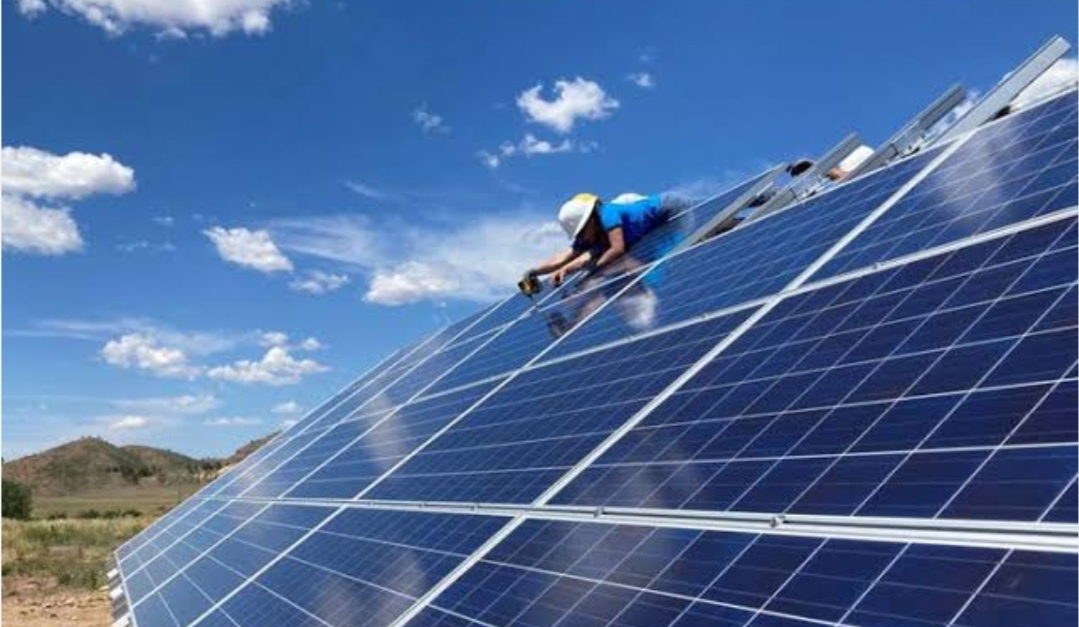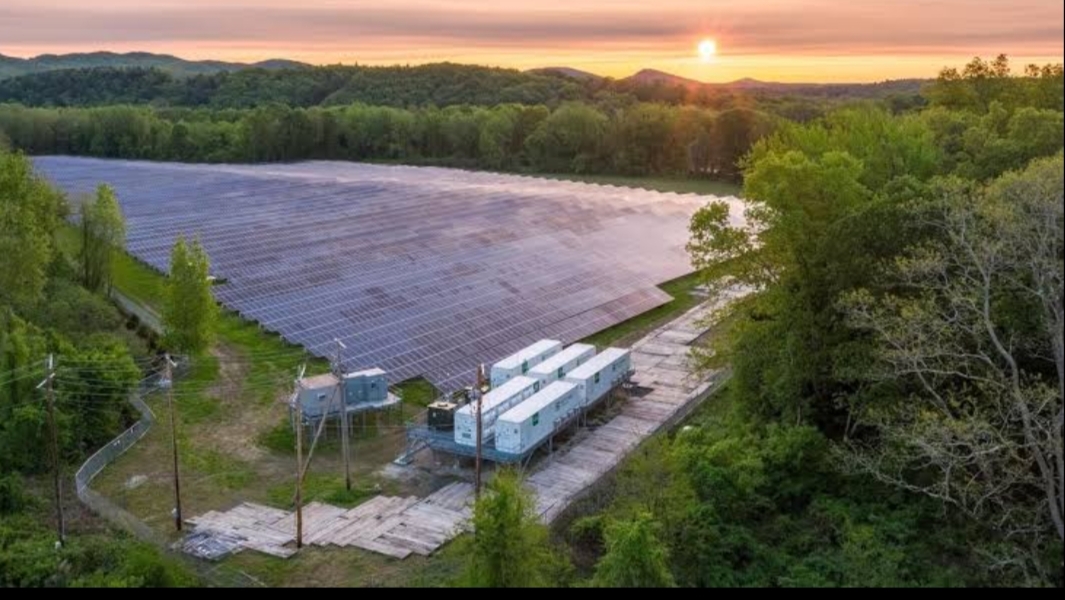Federally acknowledged American Indian tribes will have more control over their sources of energy because of new tax credits implemented by the act known as the Inflation Reduction Act. For the first time, American Indian tribes with federal recognition will have the opportunity to lower costs and obtain funding for the installation of energy from renewable sources and other clean energy initiatives on their grounds by utilizing the tax code and recently passed clean energy tax credits.

Tax Credits; Source-Forbes
Tax Credits On Clean Energy Program
Tribes will have unprecedented opportunity to fully engage in the sustainable energy transformation, whether on a local or large scale, thanks to this historic reform in the tax code. The amount of tax credits available to businesses that implement commercial-scale renewable energy projects is not capped. The proposed rule, however, restricts tribes’ capacity to collaborate with other organizations to share ownership of clean energy projects. To put Section 6417 of the Inflation Reduction Act into effect, the IRS recently released its proposed rule.
The laws about elective pay permit tribes, as relevant entities, to choose to obtain an immediate payment return from the IRS in exchange for the entire value of tax credits. Additional eligibility for tribes has been extended by the IRS’s proposed rules to cover political subdivisions, instrumentalities, and tribal government agencies (such as housing authorities, utilities, economic growth authorities, or various tribal government organizations). Updated guidelines released last week allow indigenous businesses to own projects qualified for the increased tax credits, though eligibility is still unclear.
The Amount Of Tax Credits Tribes Can Receive
Tribes can obtain significant tax credits ranging from 30% to 70% for renewable energy enterprises (solar, wind power, geothermal energy, storage, and interconnection). Additionally, projects situated on American Indian grounds or catering to tribal dwellings and residences are eligible for an additional tax credit. Up to 30% for a property that refuels with alternative fuels, such as advanced energy production plants, carbon dioxide sequestration projects, charging stations for electric cars (with limits), and approved commercial electric automobiles (with limits).
For the creation of clean hydrogen, as much as three dollars per kilogram. For the generation of solar or wind energy, as much as three cents per kilowatt. The tribes will be able to apply for and receive from the IRS a payment equivalent to the tax credit amount through direct pay. This payment functions as a rebate (refund) rather than a grant because it will be provided after the assignment is put into production. Projects will need to be paid for in advance by the tribal administration, which they can accomplish by taking out loans from the federal, state, or private sectors. As an alternative, tribes may co-own the project or collaborate with an outside developer or financier to finance its development.
No Cap On Tax Credit Amount
Tribes will also have more opportunities to fully engage in the renewable energy economy as well as energy transition thanks to the tax credits along with direct remuneration. For commercial-scale renewable energy projects including solar, wind, and geothermal resources generation, there is no cap on the tax credit amount. For the first time, tribes can take part in these projects as the sole or joint owners. If tribes are interested in undertaking large-scale commercial projects, they will probably still have to collaborate with investors who can provide the significant upfront funds required to create and build projects, or with seasoned developers who can bring the necessary skills in project development. However, the proposed regulations by the IRS would restrict how tribes might set up these alliances.
































